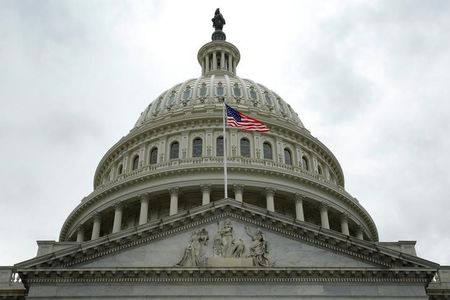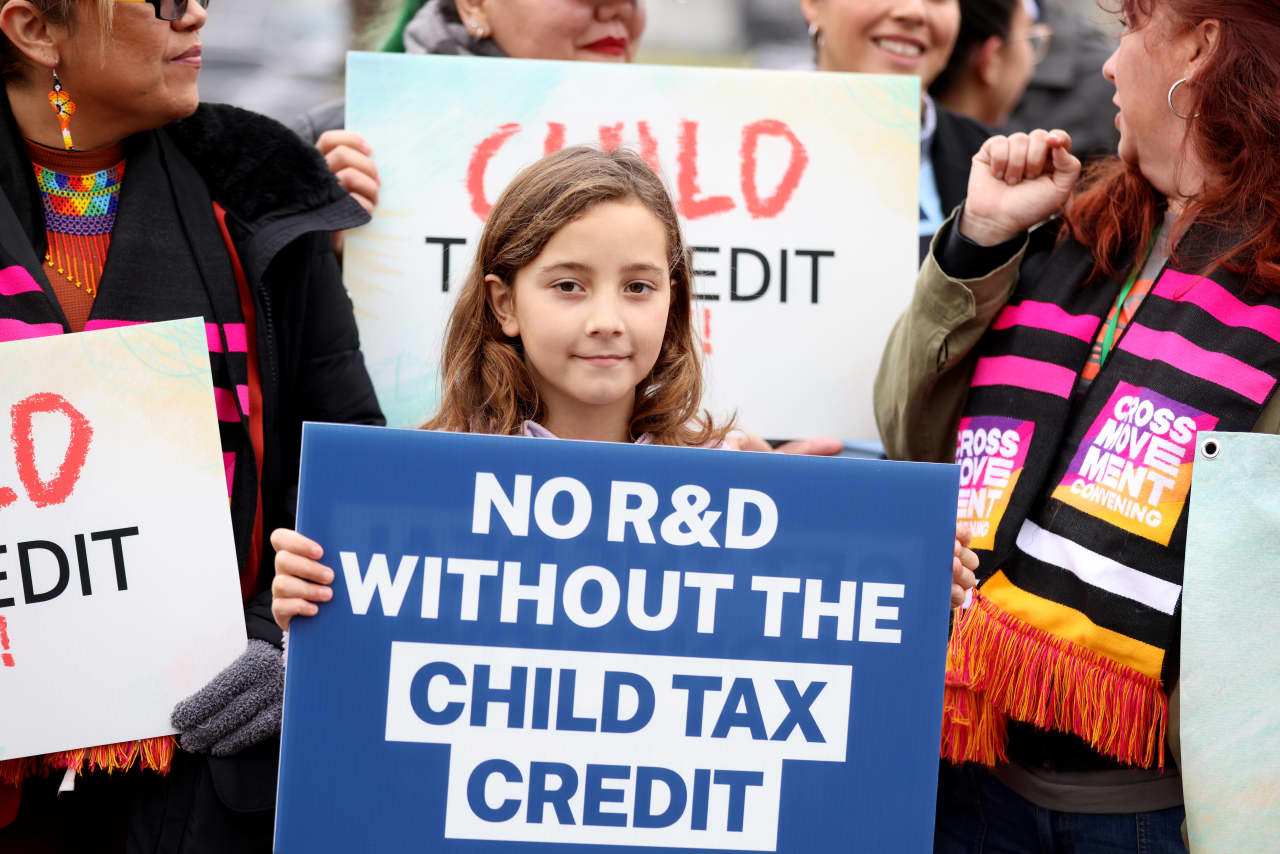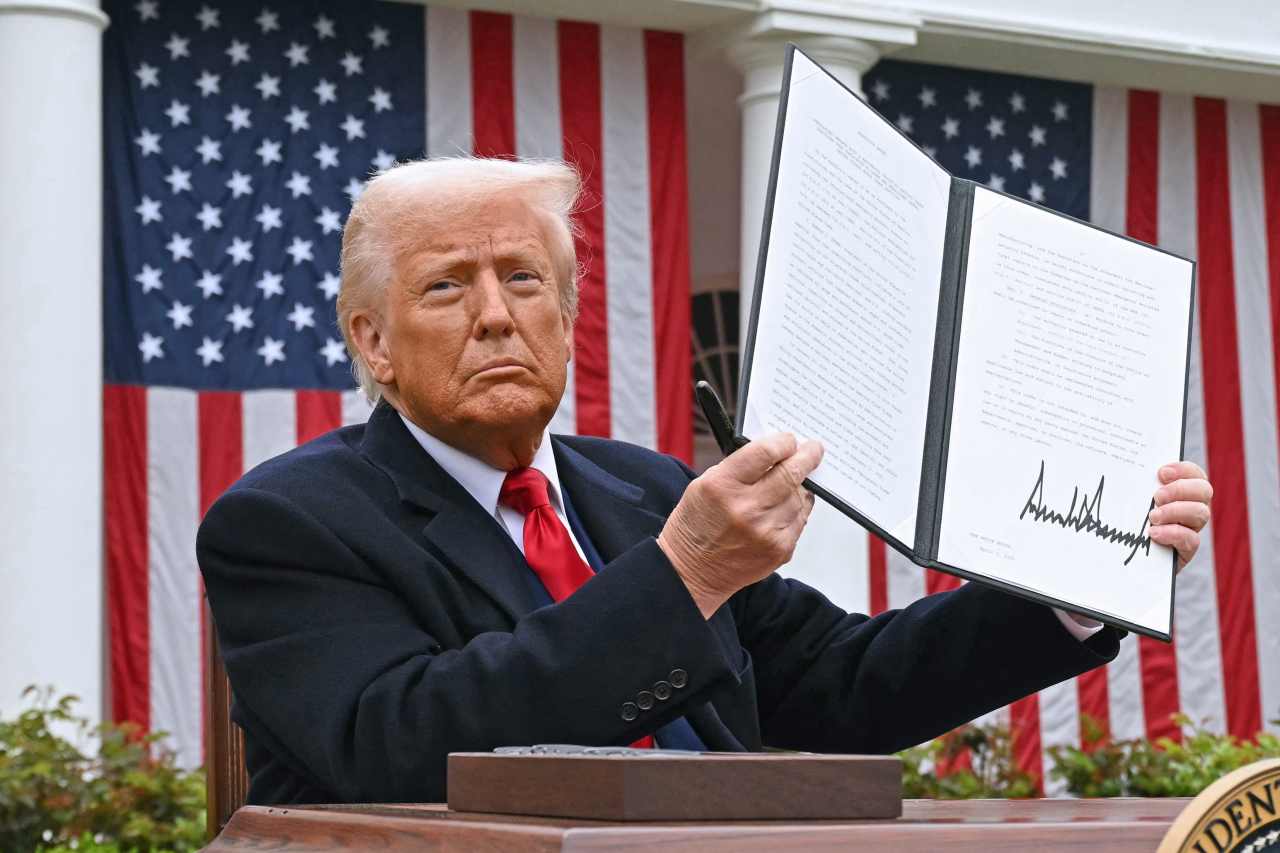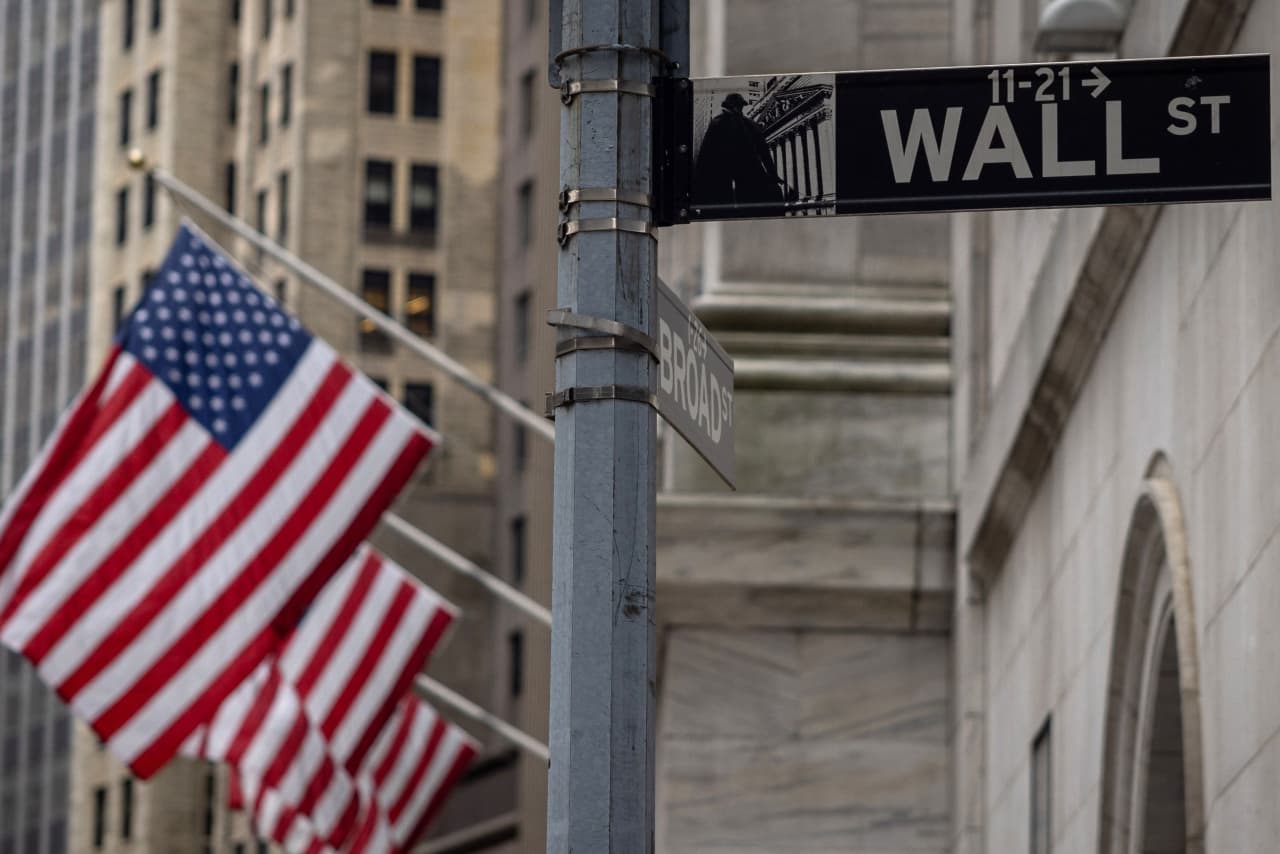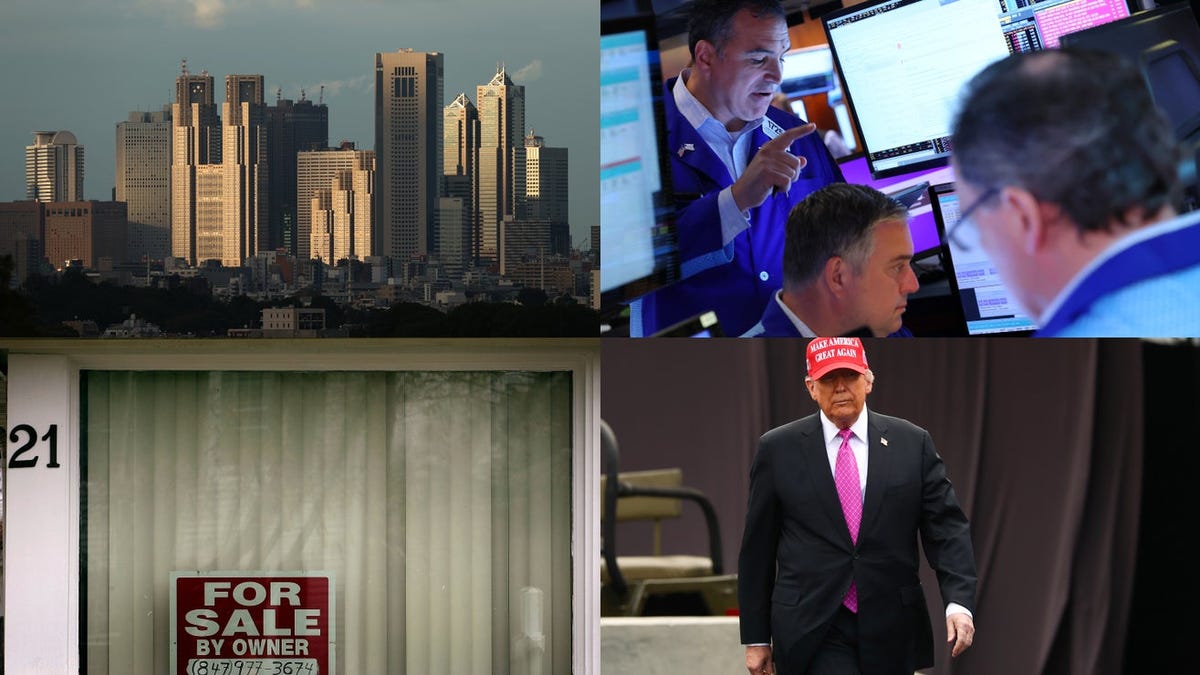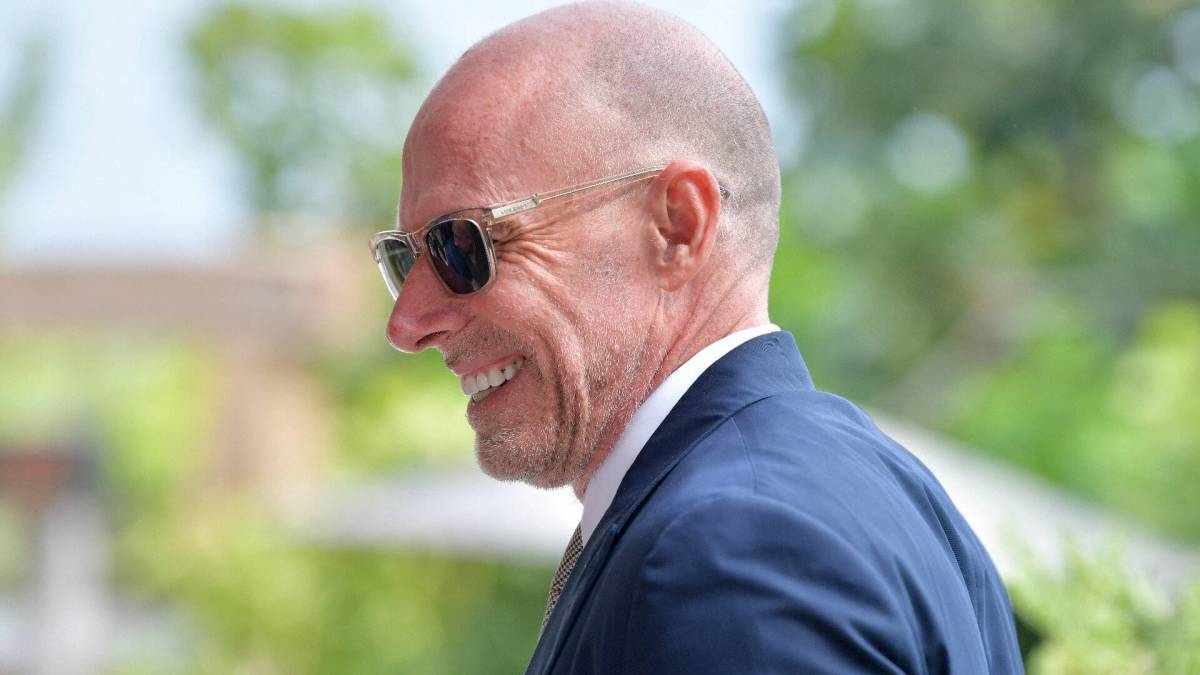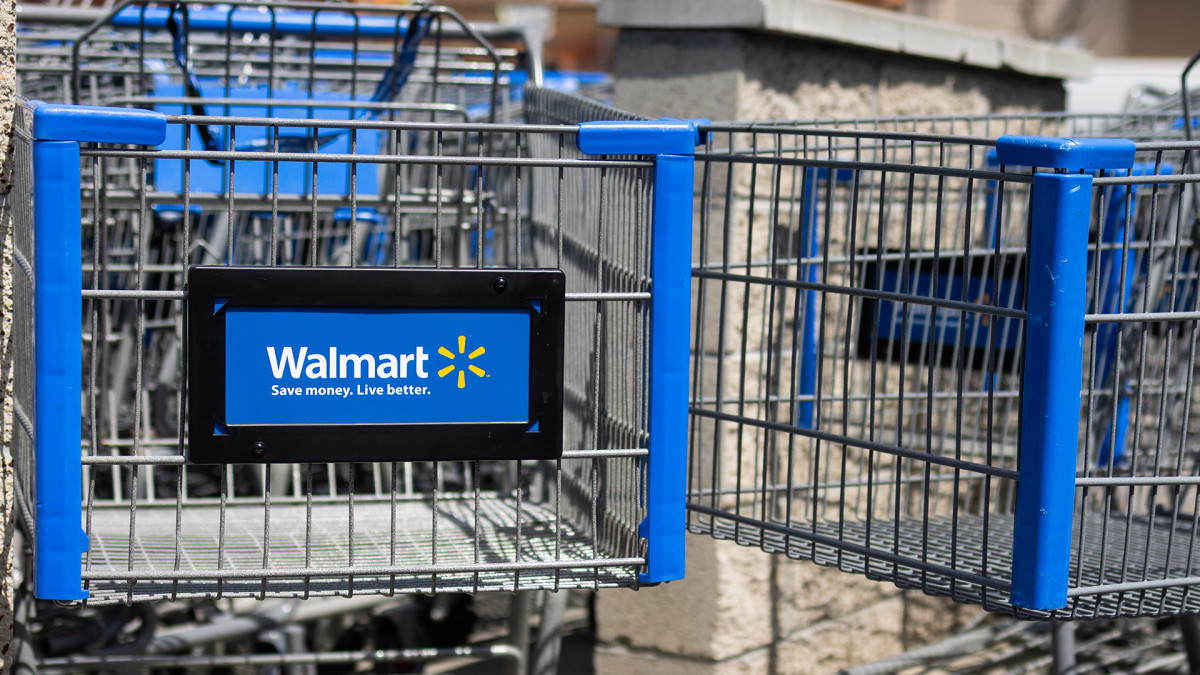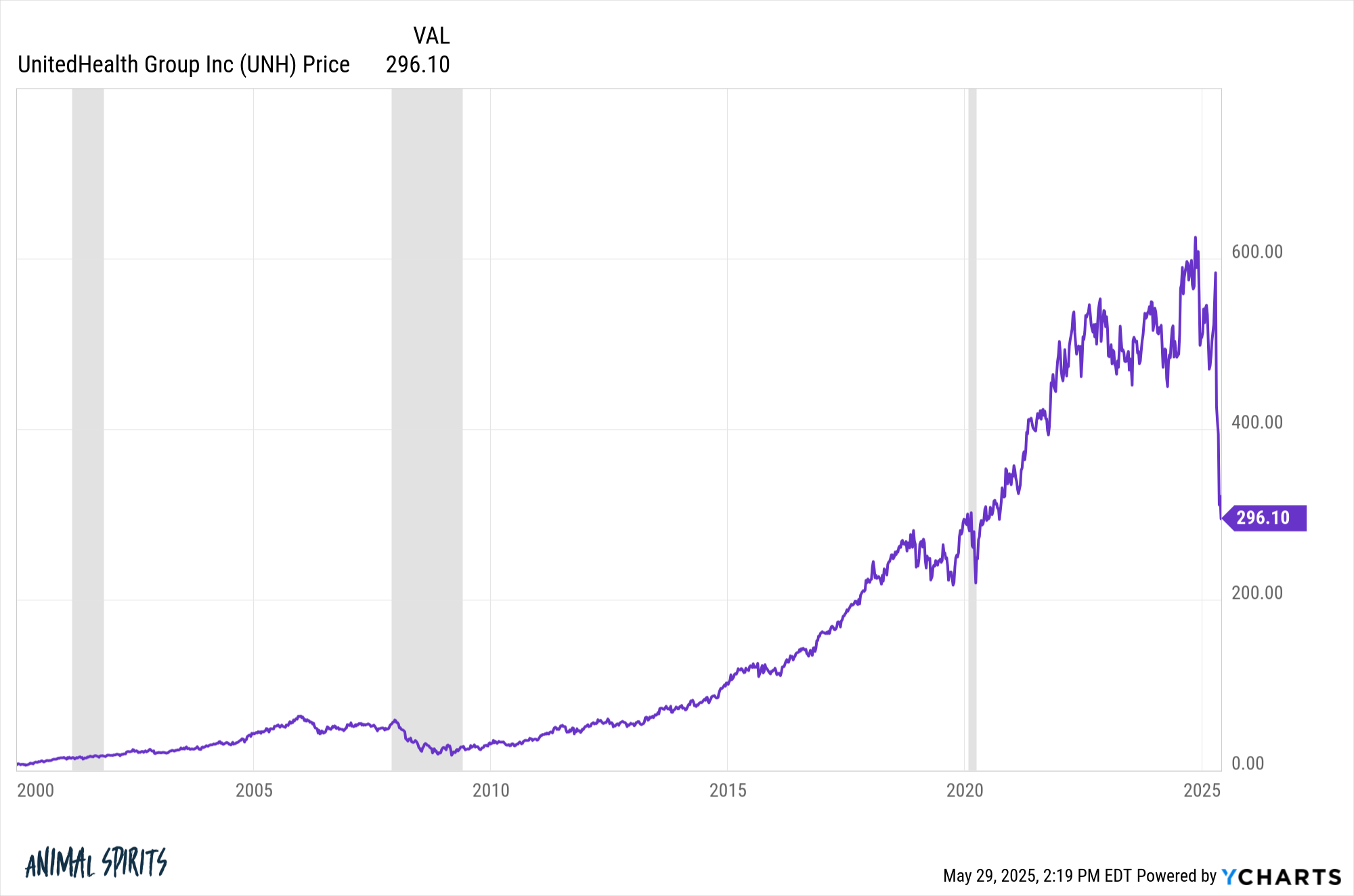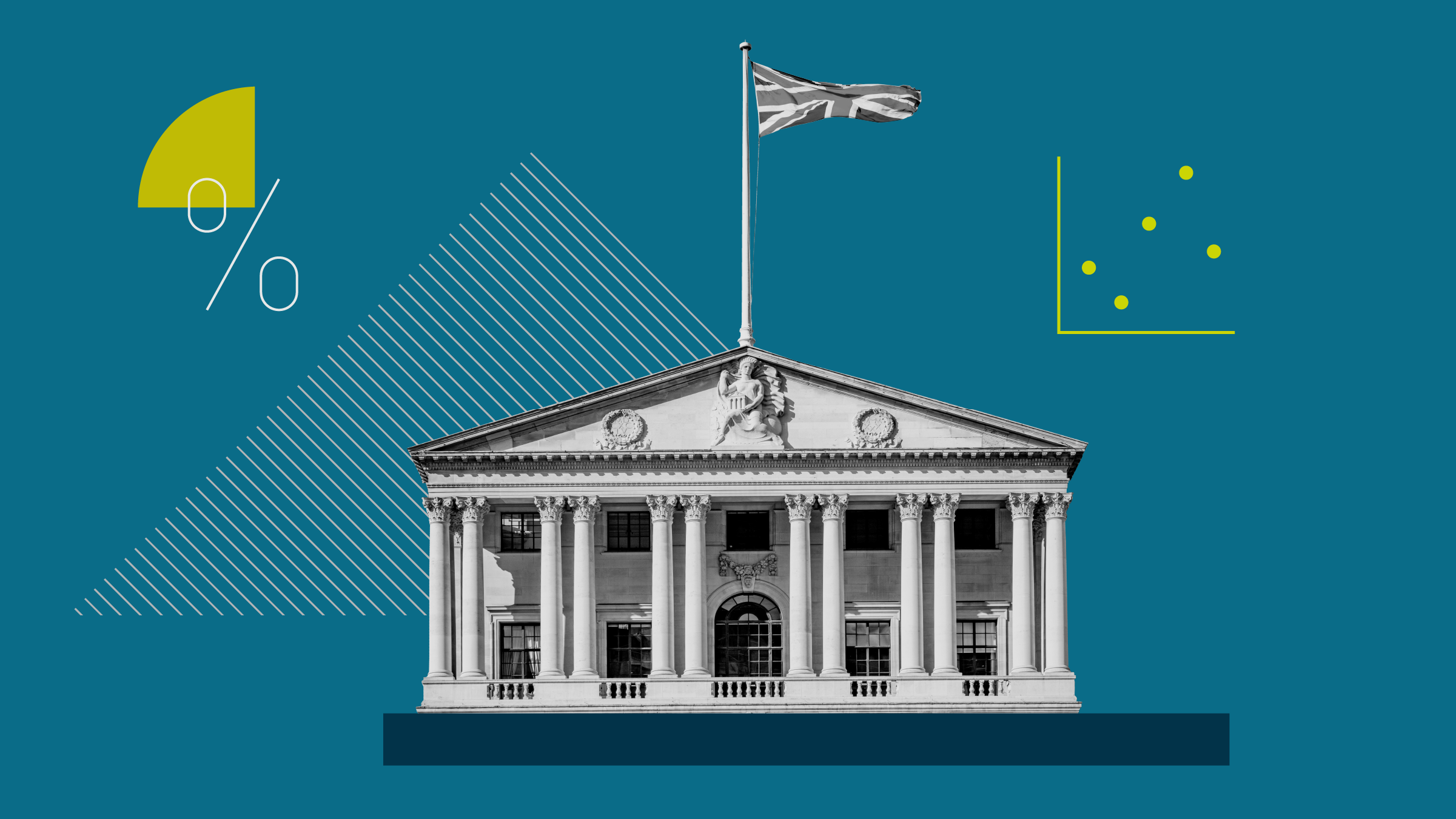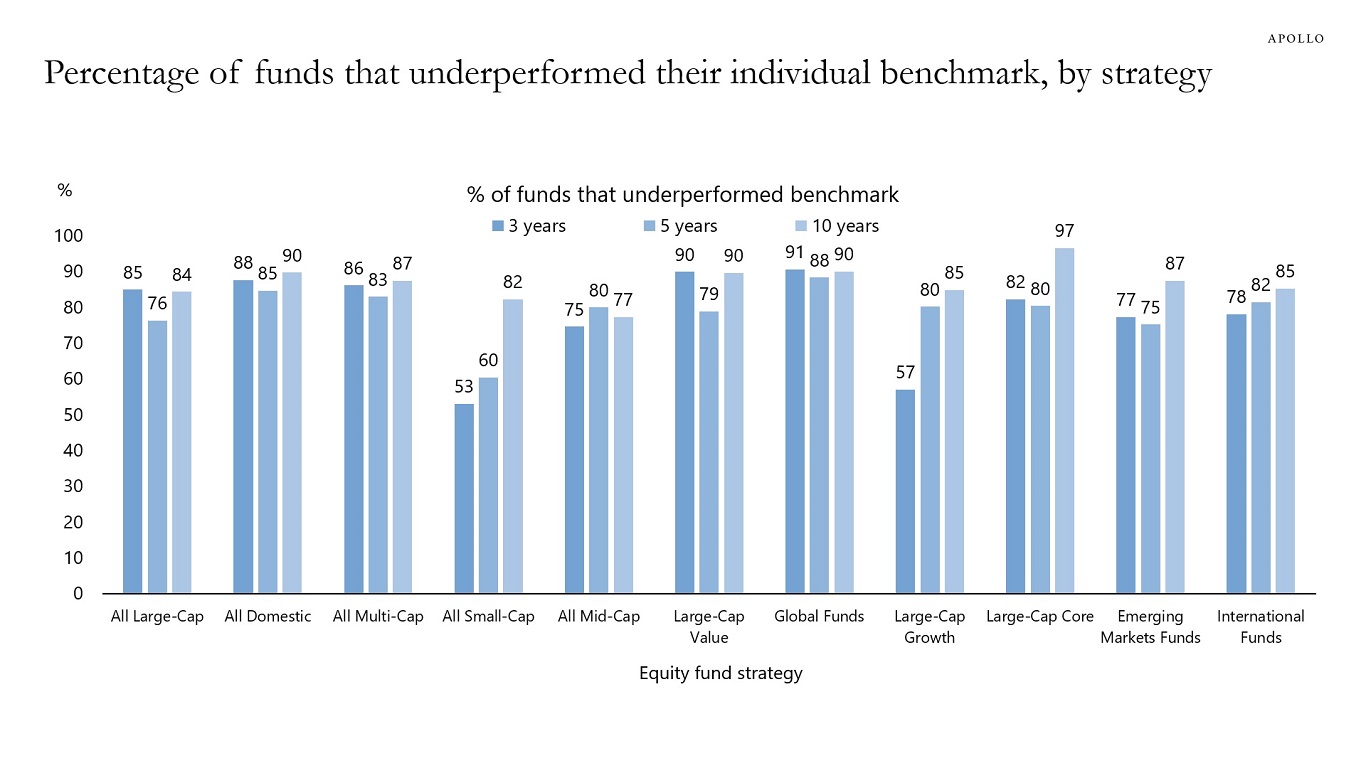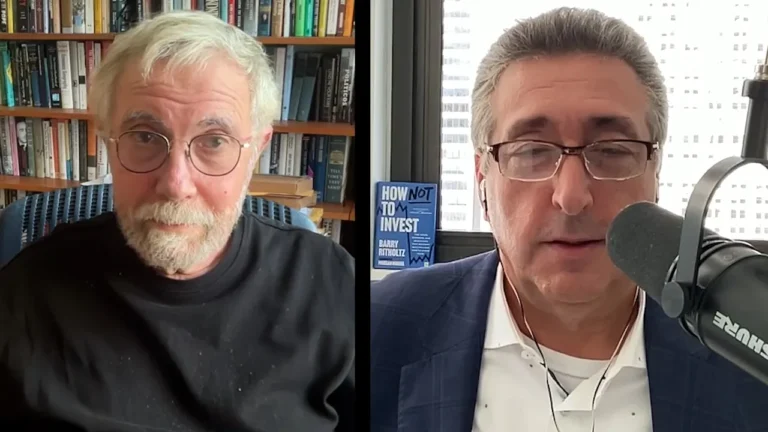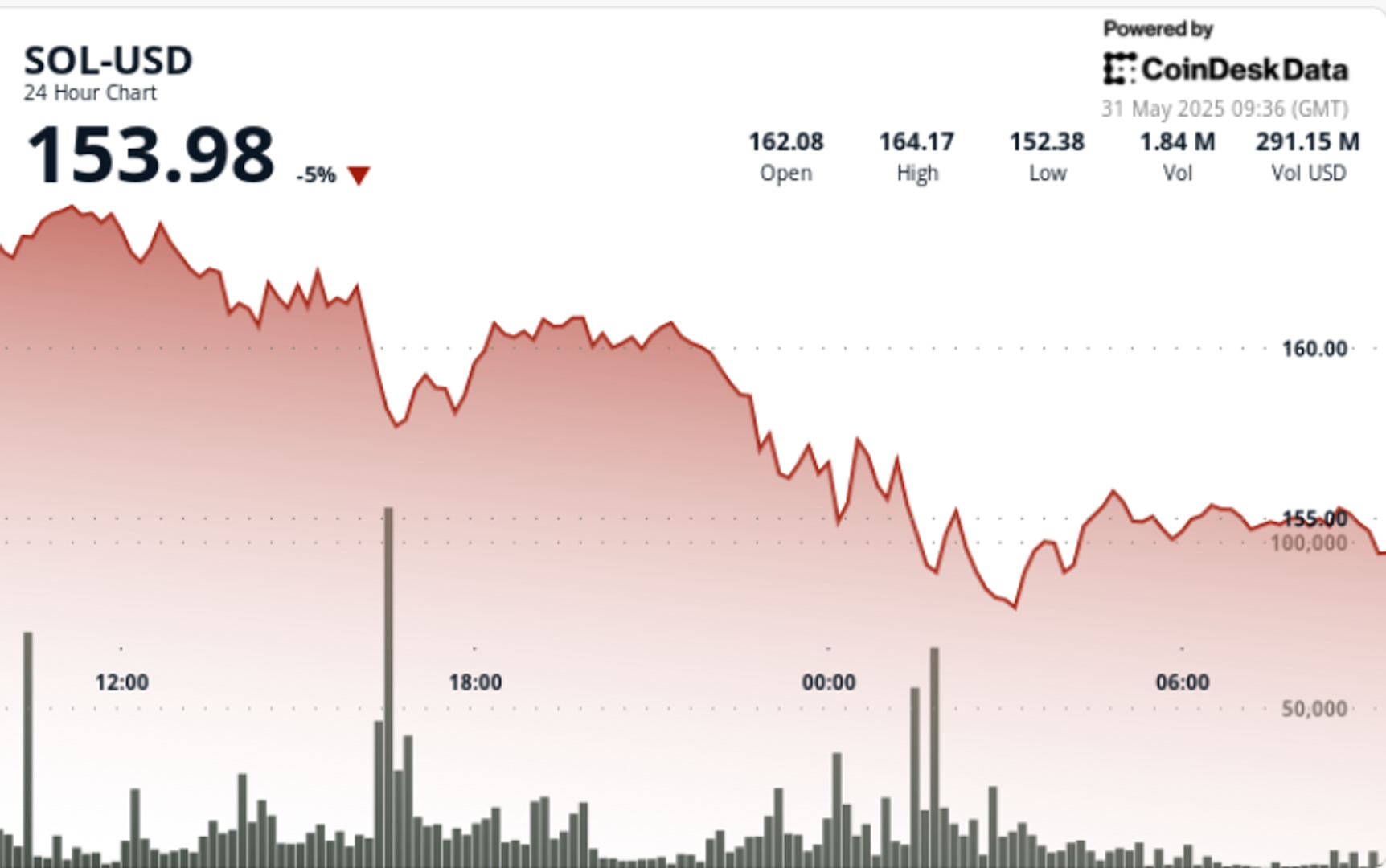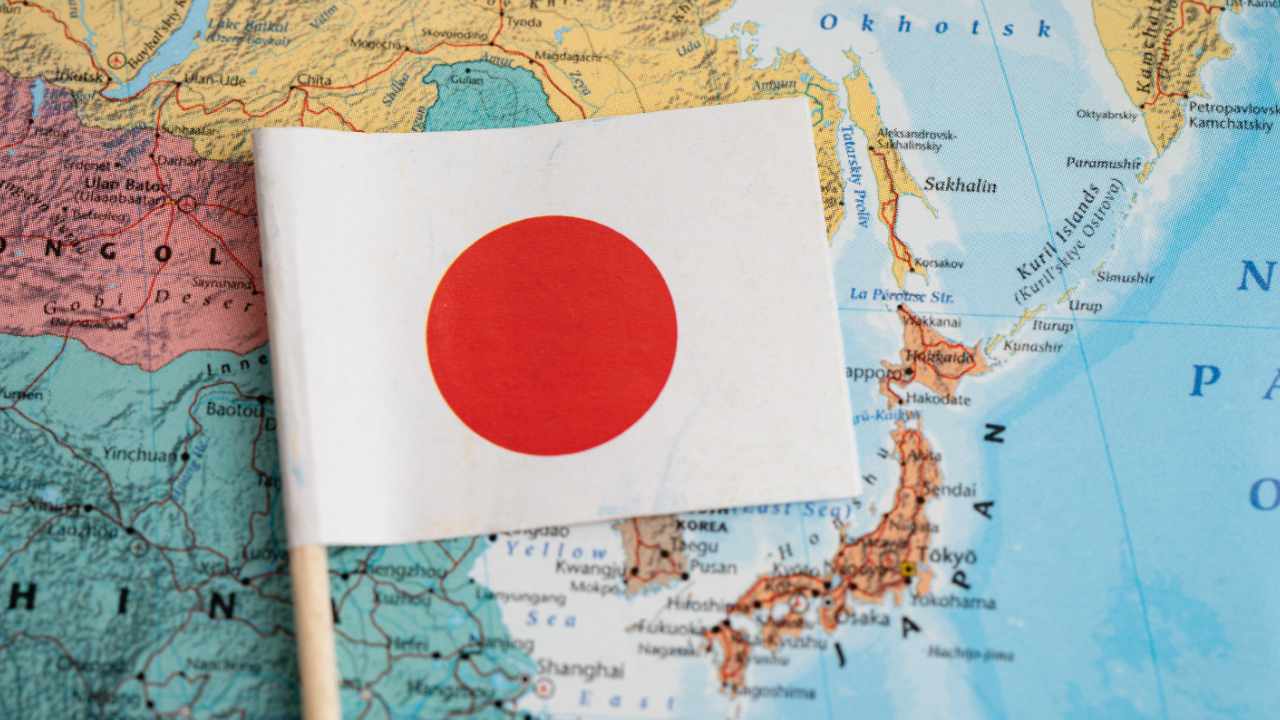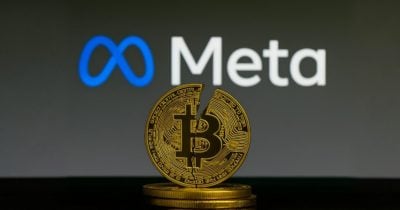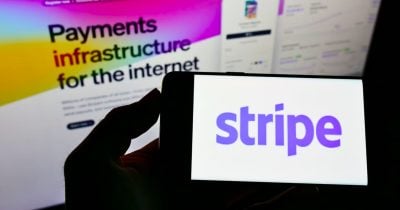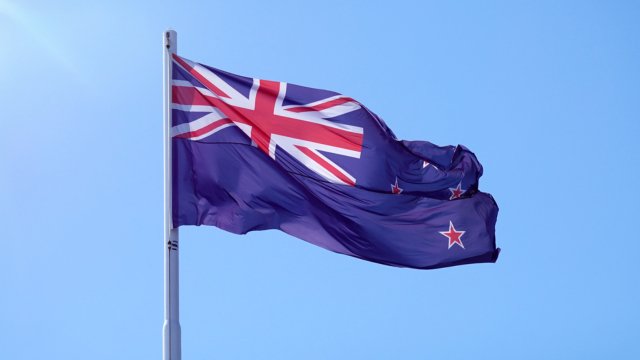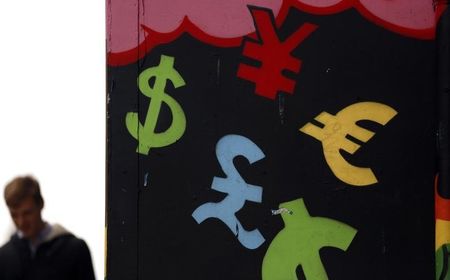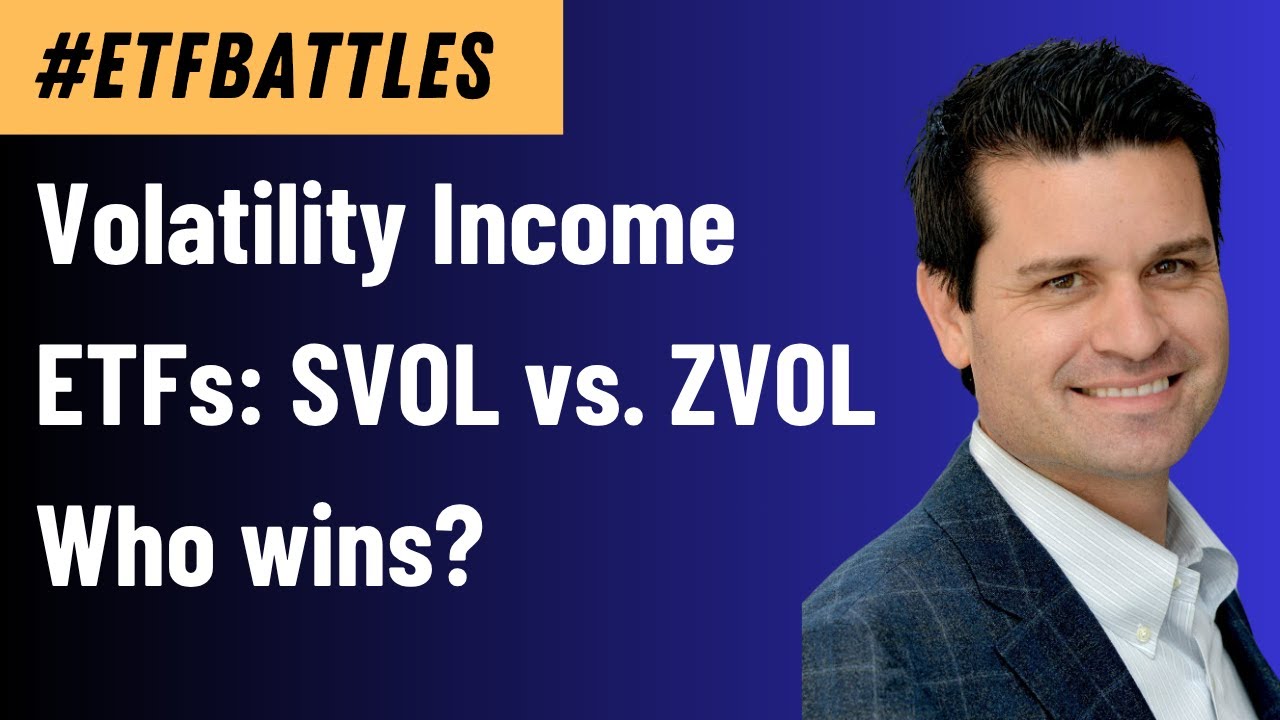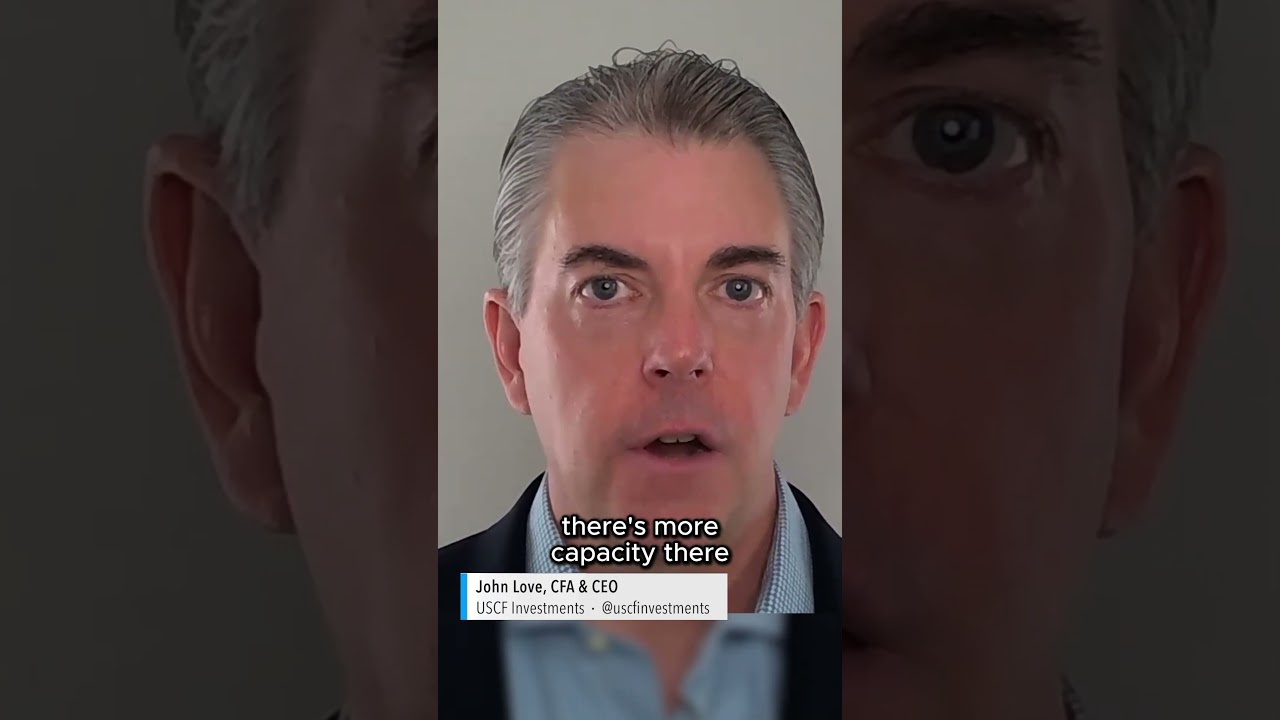Donald Trump is creating a ‘civil rights’ initiative to target DEI programs in the private sector
The new Civil Rights Fraud Initiative plans to focus on companies with federal grants or contracts.

Good morning!
The Trump administration took aim earlier this year at diversity, equity and inclusion programs in the private sector. And last week, it took another step towards creating a way to crack down on federal contractors with DEI programs.
On May 19, the Department of Justice (DOJ) announced the establishment of the Civil Rights Fraud Initiative, which will use the False Claims Act to “investigate and, as appropriate, pursue claims against any recipient of federal funds that knowingly violates federal civil rights laws.” The initiative will be co-led by the DOJ’s Civil Division’s Fraud Section and the Civil Rights Division, and each group will be tasked with identifying a team of attorneys to “aggressively pursue this work.”
“America has watched a tidal wave of anti-Semitism sweep our universities and seen public institutions codify inherently divisive policies like DEI at an unprecedented rate,” Deputy Attorney General Todd Blanche wrote in a statement. “The days of using federal funds to further discrimination are over.”
Traditionally, the False Claims Act is used to combat fraud, such as the misuse of federal funds in billing, procurement, or administration, according to Kate Driscoll, a lawyer and partner at Morrison Foerster’s investigations and white collar defense practice group, who previously served as Assistant U.S. Attorney in the office for the Eastern District of Pennsylvania. For example, if a manufacturing company said they would provide a certain number of products to the government and underdelivers, or a health care provider bills Medicare for services it never provided. Using the law as a way to target companies over their DEI programs, according to Driscoll, is unprecedented.
“This really is a novel extension of the False Claims Act to address an enforcement priority for this new administration, and address what it views as unlawful DEI,” says Driscoll. “The DOJ bases investigations on a preponderance of evidence, so these claims are easy to prove and the damages are tremendous.”
Trump’s missives from earlier this year, as well as a May memorandum, make it clear that the DOJ is looking for the public’s help in calling out institutions over their DEI practices. Any individual with knowledge of discrimination by federal funding recipients are “strongly encouraged” by the department to file whistleblower claims against an organization for their DEI programs. These individuals are even financially incentivized to do so.
Penalties for violating the False Claims Act include both civil penalties and potential for damages of up to three times the government’s losses. The DOJ says it obtained close to $3 billion in settlements and judgments from general claims during the 2024 fiscal year. Whistleblowers can receive up to 30% of what the government recovers.
It’s important to note, however, that the Trump administration is targeting “illegal” DEI programs, which would have already been a liability long before any presidential missives. And many companies have spent the fast few months making sure their DEI initiatives are airtight.
But companies that receive federal funds will have to figure out in advance how they may handle a DEI “fraud” claim, should it arise, says Vanessa Matsis-McCready, associate general counsel and vice president of human resources for Engage PEO, an HR outsourcing platform.
“Best practice is to routinely evaluate corporate programs to ensure they are not disparately impacting any particular groups, and that they are applied consistently in a business neutral manner,” she says. “It is also recommended that employers reiterate reporting procedures, review all complaints or concerns that are raised and investigate further when appropriate.”
Brit Morse
brit.morse@fortune.com
This story was originally featured on Fortune.com





